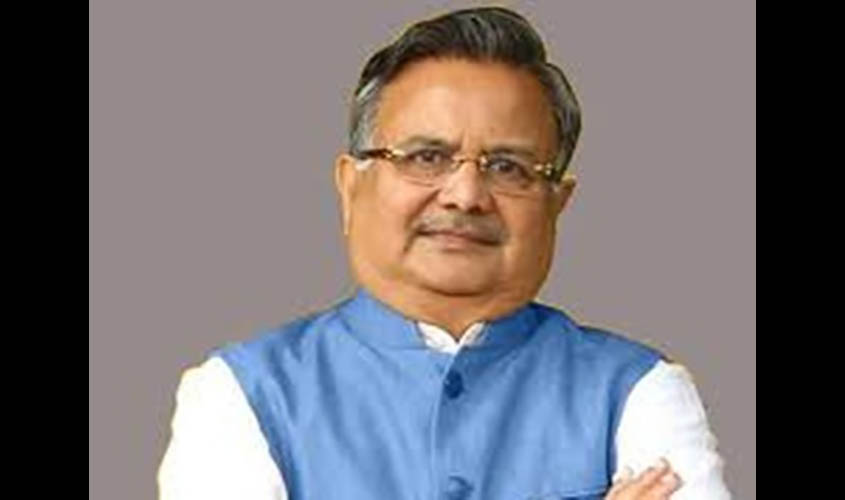NEW DELHI: Crackdown on local activists, eviction of tribals from forest areas, blocking tribals from accessing forest produce and general farm distress together contributed to the defeat of the Raman Singh-led Bharatiya Janata Party (BJP) government in Chhattisgarh, say tribal leaders and activists.
According to experts, after three consecutive terms in Chhattisgarh, disgruntled tribals and distressed farmers—the majority community—voted the BJP out from the state’s legislative Assembly. The Congress won 68 seats, 38 of which were previously held by the BJP in the state, as the Maoist hotbed of Bastar in the south and tribal dominated areas of Surguja district in north Chhattisgarh, massively rejected the BJP.
The voters’ anger was such that prominent ministers from tribal Bastar and Surguja regions—including Home Minister Ram Sewak Paikra, school education minister Kedar Kashyap, sports minister Bhaiya Lal Rajwade and forest minister Mahesh Gagda, lost their seats with huge margins.
B.P.S. Netam, a tribal leader, told The Sunday Guardian: “The disgruntlement against the Raman Singh-led BJP government in Chhattisgarh has been brewing for some time now among members of the scheduled tribes and farmers in the state, but the BJP did not pay any heed to take measures to prevent such sentiment against them.” President of the Sarv Adivasi Samaj, Netam, also a retired IAS officer, said: “The Raman Singh government failed to provide and protect the rights of tribals guaranteed under the Indian constitution. Their lands were being taken away without the gram sabha’s consent, or sometimes based on manufactured consent. Laws like the Forest Rights Act were not being implemented in letter and spirit. Also, the Fifth and Sixth Schedules of the Constitution, the provisions of the Panchayats (Extension to Scheduled Areas) Act, 1996 and the issues related to land titles were totally forgotten. In such circumstances, voters from the tribal belt chose to remind the government and voted them out.”
Alok Shukla, convener of the Chhattisgarh Bachao Andolan (CBA) told The Sunday Guardian: “The tribals were angry as the government was taking away their rights. Initially, the Chhattisgarh government had blocked the tribals from accessing the non-timber forest produce (NTFP). The tribals were not allowed to collect Mahua that has been part of their livelihood for ages. When the tribals came to protest against these atrocities by launching the Pathalgadi movement, they were termed Naxals.”
“Former Chhattisgarh Chief Minister Raman Singh termed the Pathalgadi movement a covert attempt for mass religious conversion and arrested hundreds of people, including former IAS officer Herman Kindo and a former ONGC employee, Joseph Tigga, earlier this year. This led to the anger among the tribals,” Shukla said. “If a community is unhappy with your policy, you have no right to term them Naxals and put them behind bars which is what the Raman Singh government did in Chhattisgarh. The tribals have been watching as their rights given to them under our laws and the Constitution have been completely reneged on. During the Pathalgadi movement, the BJP government even arrested almost 289 activists who were just working for the well-being of tribal citizens in this country. These actions of the government worked in favour of the Congress and the party managed to gather the historic support in the tribal belt,” Shukla added.

